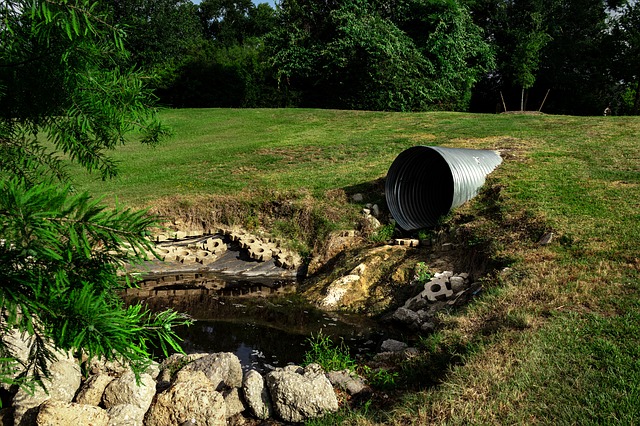
Of all the plumbing issues that rear their heads in your house unwelcomingly, sewage backups and blockages are the worst.
Sewage clogs are both frustrating and expensive to deal with. What’s worse, they can even cause major overflows and ruin your property.
Here are some signs that indicate you’re dealing with a sewer line clog:
Multiple backed up lines
When a sewer line gets clogged, it affects all the fixtures in your home. Very soon, you’ll see water backing up in the sinks, showers, bathtubs, faucets, and toilets. If any of these fixtures starts making strange gurgling noises, you can be sure that something is wrong.
This is because your sewage system is structured like a tree. All the drain lines that arise from multiple water fixtures and appliances are like small branches that eventually conjoin at the main trunk. The main trunk, in this case, is the sewer line. When the sewer line is blocked, water from these branches has nowhere to go and eventually goes back up the lines.
The gurgling noises occur because when the wastewater moves past clogs, it leads to the creation of small air pockets. These air pockets force air bubbles upward, toward the surface of the water. This results in gurgling noises and is a telltale sign that the sewer line has been blocked.
If the problem remains unresolved for too long, the blockage will worsen and you might even start noticing a pungent smell.
Water overflow
As discussed above, when sewage water has nowhere to go due to a clog, it starts flowing elsewhere. If the main sewage line is blocked, the same water is forced into smaller drains. This results in them overflowing.
It’s also important to note that when water overflows, it looks for the lowest point of exit. This is why your basement, crawlspaces, and other lower floors are usually the first ones that start overflowing.
Here’s how you can check for these issues:
- Try flushing the toilet and check if the water makes gurgling noises or comes up the shower at the same time.
- Turn the washing machine on and use it. At the same time, check whether the shower drain or the toilet overflows.
- Repeat the same step with the bathroom sink and check if the toilet water rises when you use the sink.
Pro Serve Plumbing will always be one call away to help you deal with your sewage-related problems in Fort Worth, TX. Read more about our sewage line repair services here.
